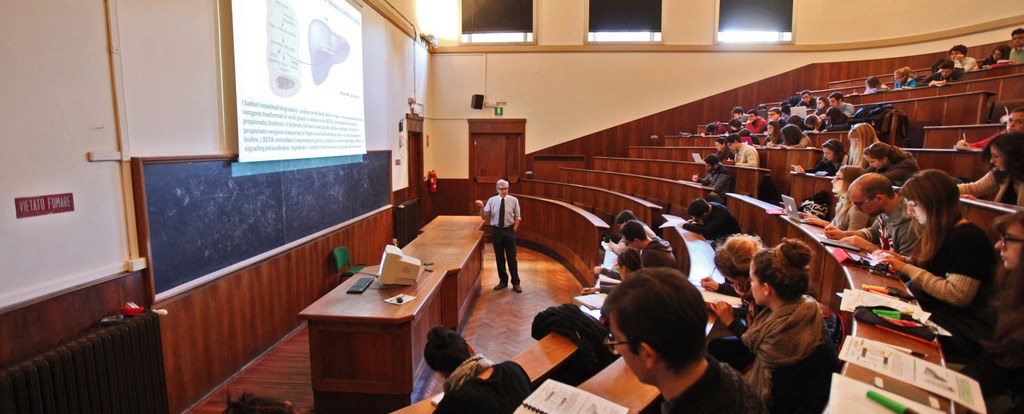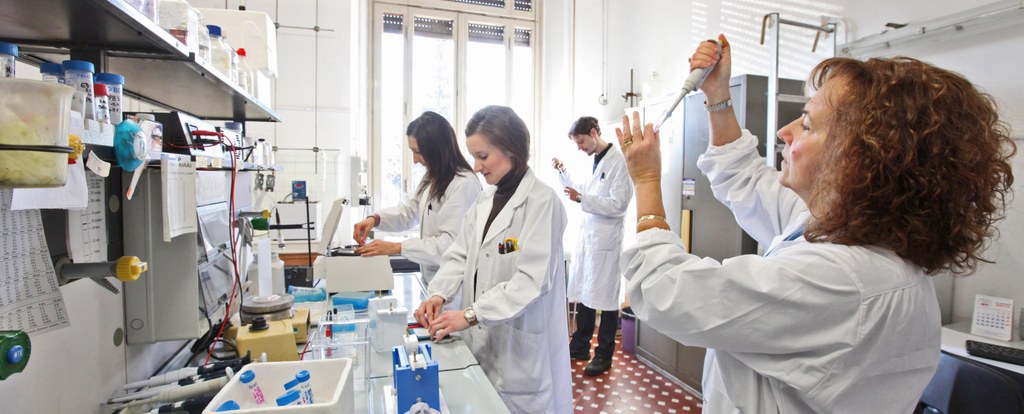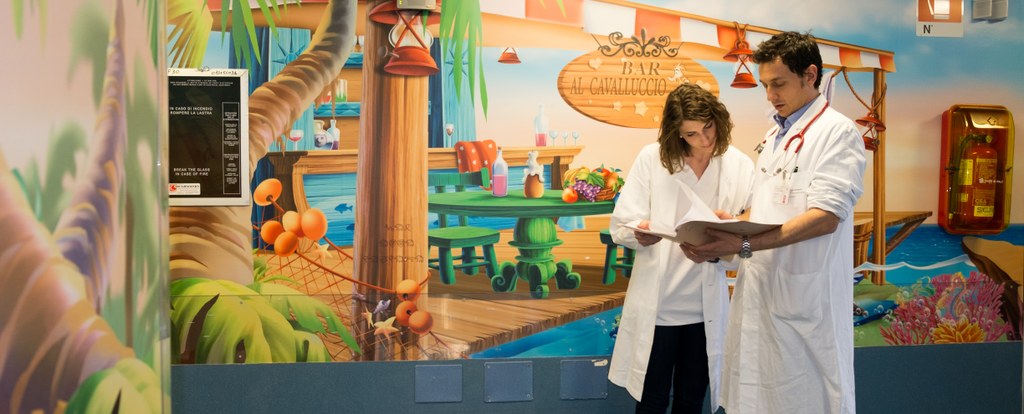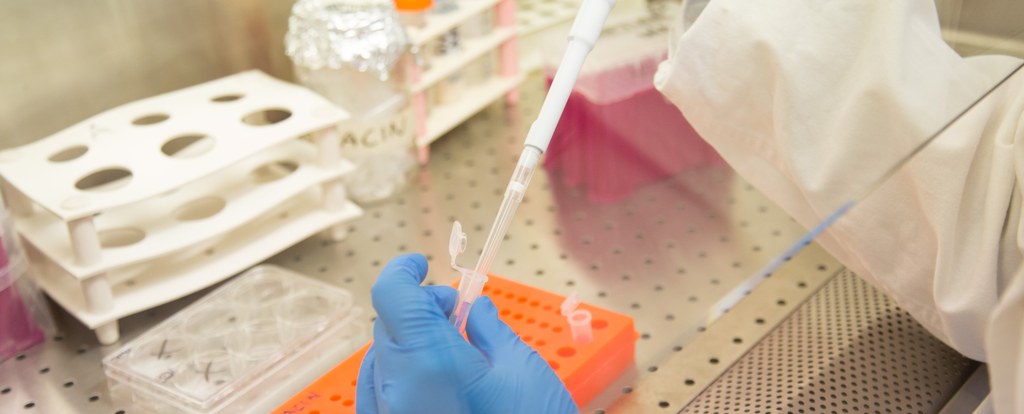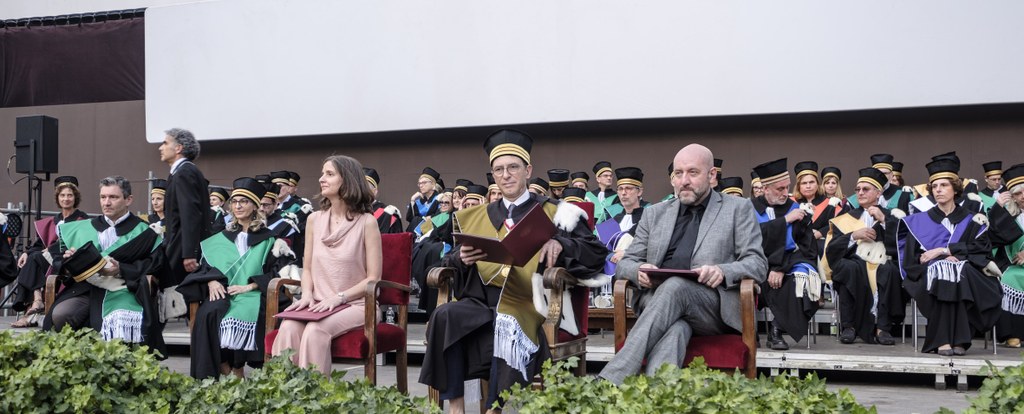- Home
- PhD MISSION
- Admission Apri sottomenù
- PhD course organization
-
Teaching program
Apri sottomenù
- Course on Research ethics and bioethics
- Seminars on biology of human ageing
- Seminars on infection and immunity
- Seminars on cancer immunobiology and immunotherapy
- Seminars on alterations of ribosome biogenesis and ribosomes in human diseases
- Seminars on glycopathologies and ncRNA associated diseases
- Seminars on novel therapeutic targets in oncology
- Seminars on novel therapeutic strategies in oncology
- Seminars on infectious and inflammatory osteoarticular pathology
- Seminars on modern oncology radiobiological therapies
- Seminars on stem cell transplantation in hematology and CAR-T cell therapy
- Seminars on hematological disorders: from pathology to therapy
- Seminars on pathological characterization and target therapy of solid tumors
- Board
- Advisory Board
- PhD FACILITIES
- PhD STUDENTS Apri sottomenù
- Alumni Apri sottomenù
- Contacts
PhD MISSION
The Ph.D. Program in Oncology, Hematology and Pathology trains highly professional researchers with a solid background in biomedicine, capable of independently and critically design and conduct basic, translational and/or clinical research, enabling them to take on future roles as research group leaders or managers at universities, companies, research organizations and hospitals both in Italy and abroad.
The activities carried out by doctoral students include training, laboratory research, field research, and translational or clinical research. Each doctoral student independently develops his or her own training and research project, under the guidance of two supervisors including a member of the PhD board and a person with expertise on the research topic, who could be from outside the University.
For the training of doctoral students, the doctoral program provides cycles of seminars on translational research topics that include: epigenetics and aging; physiological and pathological role of extracellular vesicles; immunobiology and immunotherapy of cancer; genetic diseases; glycopathologies and ncRNA-associated diseases; radiobiological therapies; new targets and therapeutic strategies in oncology; new approaches for infection diseases; pathological characterization and targeted therapy of solid tumors; hematological disorders: from pathology to therapy; research ethics and bioethics. Ph.D. students publish the results of their research in high-impact peer-reviewed journals, under the guidance of the supervisors, and acquire skills in data analysis and research methodologies.
Ph.D. students have access to basic and advanced technologies in the field of molecular, cellular, genetic, and computational biology, which is provided by research laboratories set up by individual faculty members, and core facilities with biomedical equipment available in the Department and collaborating Institutions.
The opportunity is provided for Ph.D. students to develop their research in national and international centers of excellence, where the synergic interaction between research laboratories and clinical units has top priority. Ph.D. students are encouraged to spend a period of at least 3 months abroad. The doctoral program and the University make additional financial resources available to doctoral students to encourage mobility.
The doctoral program trains researchers who may have the maturity in the future to independently design their own research, participate in competitive funding calls, and design innovative lines of research.
Upon completion of the doctoral program, Ph.D.s in Oncology, Hematology, and Pathology find employment mainly in public institutions as academic or health researchers or in the care units of hospitals and IRCCSs. Their skills and aptitude for research enable them to hold top positions in these same institutions and to serve as laboratory or research managers in private companies. They are also capable of holding senior administrative and management positions in the research and health care sectors.

